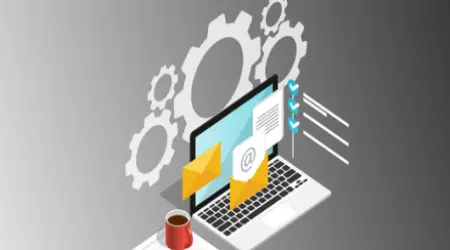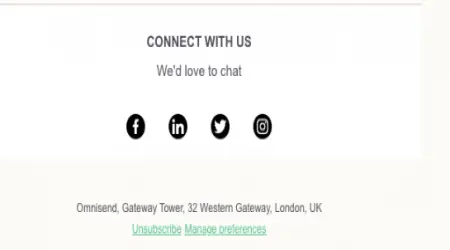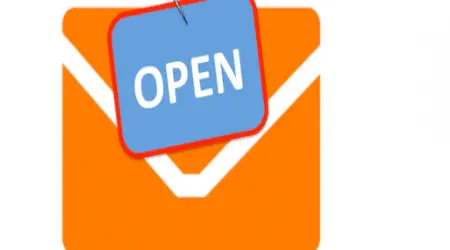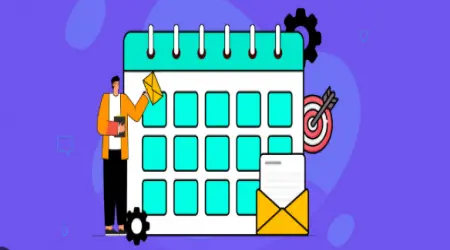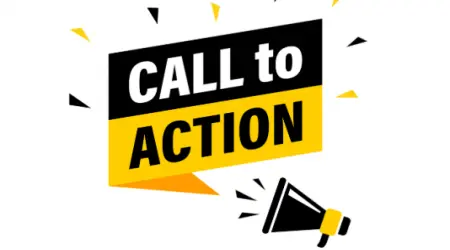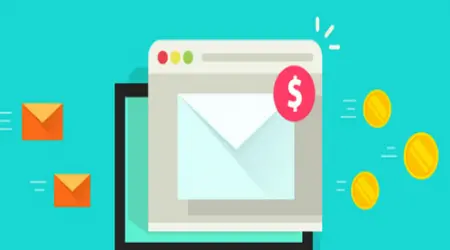
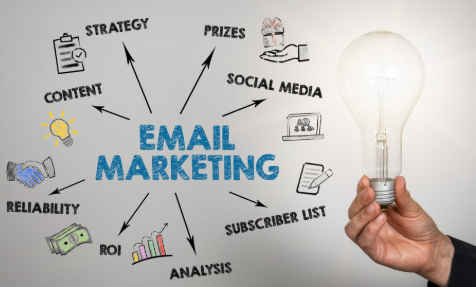
How Email Marketing Compares to SMS and Social Media
How Email Marketing Compares to SMS and Social Media in 2025
In today’s multichannel world, marketers are spoiled for choice: email, SMS, social media, push notifications, chatbots—the list goes on. But when it comes to real-world results, three channels stand out: email marketing, SMS, and social media.
So how do they stack up against each other in 2025? Which one is better for engagement, ROI, personalization, or customer loyalty?
In this guide, we’ll break it all down with real data, use cases, and actionable insights—so you can choose (or combine) the right tools for your business.
1. Email Marketing: The Veteran That Still Converts
Despite being over four decades old, email remains a top-performing channel.
Key Strengths:
Direct delivery to inboxes
High ROI (estimated $36–$42 per $1)
Full ownership of audience
Powerful automation options
Highly customizable content and segmentation
Weaknesses:
Requires list building and consent
Spam filters can reduce visibility
Lower open rates compared to SMS
Best Use Cases:
Newsletters and content updates
Product launches and sales
Nurturing leads with educational content
Onboarding and transactional updates
2. SMS Marketing: The Instant Engagement Machine
Short Message Service (SMS) marketing delivers messages straight to the consumer’s mobile phone—instantly.
Key Strengths:
Open rates above 90% (most within 3 minutes)
Great for time-sensitive promotions
Doesn’t require internet connection
Higher click-through rates than email
Weaknesses:
Strict character limits (160 per SMS)
Higher cost per message
May feel intrusive if not done right
Requires phone number opt-ins
Best Use Cases:
Flash sales and discounts
Appointment reminders
Delivery updates
Abandoned cart nudges
3. Social Media: The Discovery Powerhouse
Platforms like Instagram, TikTok, Facebook, and LinkedIn help brands get discovered, engage audiences, and go viral.
Key Strengths:
Massive reach potential
Visual storytelling and branding
Community engagement and feedback
Great for organic AND paid campaigns
Weaknesses:
Algorithms limit organic reach (often <5%)
You don’t own your followers
Noise and distractions reduce attention span
Harder to track ROI compared to email
Best Use Cases:
Brand awareness and storytelling
User-generated content and reviews
Event promotion and engagement
Driving traffic to lead magnets or funnels
4. Head-to-Head Comparison
| Feature | Email Marketing | SMS | Social Media |
|---|---|---|---|
| Audience Ownership | ✅ Yes | ✅ Yes | ❌ No |
| Open Rate | 20–35% | 90%+ | Varies |
| Click-Through Rate | 2–5% | 15–30% | <1% organic |
| Cost | Low | Medium–High | Low (organic), High (ads) |
| Message Length | Long-form capable | Limited (160 chars) | Flexible |
| Automation | Advanced | Limited | Limited |
| Lifespan | Hours–Days | Minutes | Seconds |
| Best for | Conversions & education | Urgency & reminders | Discovery & branding |
5. Combining Channels: The Omnichannel Sweet Spot
Rather than choosing one, smart brands integrate all three channels.
Example Campaign:
Product Launch Sequence
📧 Email: Build hype with a teaser sequence + launch day details
📱 SMS: Send a reminder 1 hour before launch + cart recovery
📢 Social Media: Post product demo videos, live countdown, behind-the-scenes
By aligning the timing, messaging, and tone across these platforms, you create a seamless customer experience.
6. Use Case Scenarios by Industry
🛒 E-commerce
Email: Weekly product updates + loyalty offers
SMS: Order confirmations + delivery alerts
Social Media: Influencer partnerships + shoppable posts
🧠 Online Education
Email: Course updates, progress reports, upsells
SMS: Reminders for live webinars
Social: Q&As, behind-the-scenes clips, student success stories
🏥 Healthcare
Email: Educational newsletters
SMS: Appointment reminders + alerts
Social: Wellness tips + community building
7. Metrics That Matter in 2025
Email:
Open Rate
Click-Through Rate
Conversion Rate
Bounce Rate
Unsubscribe Rate
SMS:
Delivery Rate
Click Rate (via short links)
Opt-Out Rate
Response Rate (for 2-way SMS)
Social:
Reach and Impressions
Engagement Rate (likes/comments/shares)
Follower Growth
Referral Traffic
Ad Spend ROI
Each platform gives you different insights. Email shows intent. SMS shows immediacy. Social shows awareness.
8. Privacy, Consent, and Compliance
In 2025, privacy laws are tighter than ever:
Email: Must comply with GDPR, CAN-SPAM, and provide easy unsubscribe
SMS: Requires explicit opt-in, and opt-out (STOP) options
Social: Ad targeting is being limited by Apple/Google updates
Building trust through transparency and permission-based messaging is non-negotiable.
9. Which One Should You Focus On?
It depends on your business goals:
| Goal | Best Channel |
|---|---|
| List Building | Email + Social |
| Brand Awareness | Social Media |
| Urgent Promotion | SMS |
| Relationship Building | |
| Customer Retention | Email + SMS |
If you’re just starting, email gives the best long-term value. Then layer on SMS and social as your list and product grow.
10. Final Thoughts: Don’t Choose—Strategize
Choosing between email, SMS, and social is like asking: “Should I eat vegetables, protein, or carbs?”
You need all three—but in different amounts depending on your strategy.
Use email for nurturing, education, and long-term conversion.
Use SMS for urgency, reminders, and 1-on-1 interactions.
Use social media to attract, entertain, and build a tribe.
The most successful brands in 2025 don’t pick one—they master the orchestration of all three.
